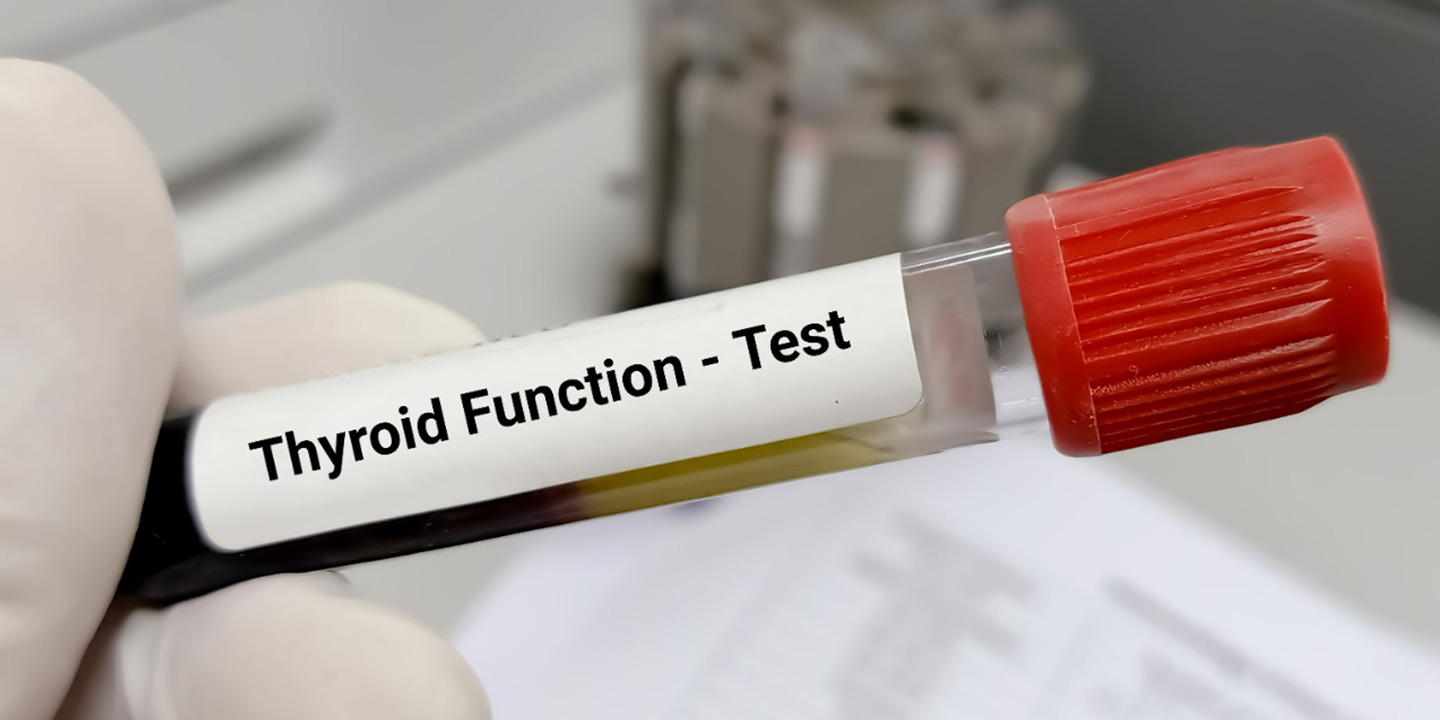Dental implants are a popular way to replace missing teeth, offering a durable and natural-looking solution. Despite their popularity, many people have questions about the procedure, risks, and recovery.
In this blog, we answer the most common questions about dental implants, including their potential downsides, longevity, and the overall process.
Whether you’re considering implants or just looking for more information, this comprehensive guide will provide the answers you need to make an informed decision about your dental health.
What Is the Best Age to Get Dental Implants?
The ideal time to receive dental implants is when your jawbone has grown completely, which is often between the ages of 18 and 21. There’s no maximum age limit for getting implants, so they can be a good option for older adults also. If you’re younger, you might need to wait until your jawbone has stopped growing to make sure the implants fit and work correctly.
How Long Do Dental Implants Last?
Dental implants are meant to be a long-lasting solution. With good care, they can last 20 years or even longer, and sometimes for a lifetime. The crown or fake tooth on top might need replacing every 10 to 15 years because of regular use, but the implant itself is very strong. To help your implants last as long as possible, make sure to visit your dentist regularly, keep up with good oral hygiene, and avoid habits like smoking.
What Are the pros of Dental Implants?
When it comes to replacing missing teeth, dental implants are superior in many ways. They provide a permanent solution that closely mimics the look and function of natural teeth, improving both aesthetics and confidence. Unlike removable dentures, implants do not slip or cause discomfort, allowing you to speak and eat with ease. Additionally, implants help preserve bone density by stimulating the jawbone, which can prevent the bone loss often associated with missing teeth. This feature supports the overall health of your oral structure and helps maintain facial contours.
How Painful Is a Dental Implant?
Getting a dental implant usually isn’t as painful as you might think. Local anesthesia is used during the procedure to numb the area, so you won’t feel pain. After the surgery, you might feel some discomfort, like after a tooth extraction. This can often be managed with over-the-counter painkillers and should go away in a few days. Following your dentist’s aftercare instructions will help make your recovery go smoothly.
What Is the Downside to Dental Implants?
While dental implants offer many advantages, they are not without downsides. One of the primary concerns is the cost, which can be higher than other tooth replacement options like dentures or bridges. Additionally, the procedure requires surgery, which carries risks such as infection, nerve damage, and sinus issues. The healing process can also take several months, during which patients must adhere to strict aftercare guidelines. Another downside is that not everyone is a candidate for implants; those with insufficient bone density or certain medical conditions may need alternative treatments.
When Should You Not Get Dental Implants?
There are certain conditions under which dental implants may not be recommended. Patients with insufficient bone density in the jaw, untreated gum disease, or chronic conditions like uncontrolled diabetes may not be suitable candidates. Additionally, heavy smokers and those with a history of radiation therapy in the head or neck region might face higher risks of complications. A thorough evaluation by a dental professional is necessary to determine if implants are the right option for you.
Can It Be Too Late for Dental Implants?
In most cases, it’s never too late to get dental implants. However, if you’ve been missing teeth for a long time, your jawbone may have deteriorated, making it harder to support implants. In such cases, a bone graft may be necessary to rebuild the bone before implants can be placed. The earlier you address tooth loss, the easier it will be to proceed with dental implants.
Can I Get Dental Implants Years After an Extraction?
Yes, you can get dental implants years after a tooth extraction. However, as mentioned earlier, prolonged periods without a tooth can lead to bone loss in the jaw. If this is the case, a bone graft may be needed before implants can be placed. The success of late-stage implants largely depends on the condition of your jawbone and overall oral health.
What Is the Lifespan of Dental Implants?
The lifespan of dental implants can vary depending on several factors, including the patient’s oral hygiene, overall health, and the location of the implant in the mouth. On average, dental implants can last between 20-30 years, and with excellent care, they can last even longer. Regular visits to the dentist and maintaining a good oral hygiene routine are crucial for maximizing the lifespan of your implants.
Do You Have No Teeth While Waiting for Implants?
While you wait for your dental implants to heal, which can take a few months, you don’t have to be without teeth. Your dentist can provide temporary solutions like removable dentures or temporary crowns. These options help you maintain your smile and let you eat and speak normally while you wait for your permanent implants.
Can Your Body Reject Dental Implants?
Although rare, it is possible for the body to reject a dental implant. This rejection is often due to an allergic reaction to the titanium used in the implant or an autoimmune response. In most cases, however, dental implants are highly successful, with a success rate of around 95%. Factors such as smoking, poor oral hygiene, or existing health conditions can increase the risk of implant failure.
Can I Get Implants If I Lose All My Teeth?
Yes, dental implants are an excellent option for individuals who have lost all their teeth. In such cases, full-arch implants, also known as implant-supported dentures, can be used. This involves placing a few implants in the jawbone to support a full set of dentures, providing a stable and comfortable fit. This solution offers a significant improvement over traditional dentures, which can slip or cause discomfort.
How Can I Hide My Missing Teeth?
If you’re concerned about missing teeth and waiting for dental implants, there are several temporary solutions available. Removable dentures, partial dentures, and temporary bridges can all help hide the gap and restore the appearance of your smile. These options are designed to be worn until your dental implant procedure is complete, ensuring that you don’t have to go without teeth during the healing period.
How Long Does a Dental Implant Take?
The entire dental implant process can take several months from start to finish. After the initial consultation and planning, the implant is surgically placed in the jawbone. It then takes about 3-6 months for the implant to fuse with the bone in a process called osseointegration. Once the implant is securely fused, an abutment is placed, followed by the attachment of the final crown or prosthesis. While the timeline may seem long, the result is a permanent and natural-looking tooth replacement.
Can a Dental Implant Be Removed?
Yes, a dental implant can be removed, although it is typically intended to be a permanent solution. Removal may be necessary in cases of implant failure, infection, or other complications. If an implant needs to be removed, your dentist will assess the situation and discuss alternative options for tooth replacement, which may include placing a new implant after the area has healed.
How Long After a Bone Graft Can You Get a Dental Implant?
After a bone graft, it typically takes 4-6 months for the grafted bone to fully integrate with the existing jawbone. Once the bone has healed and is strong enough to support an implant, the dental implant procedure can proceed. The exact timing may vary depending on the size of the graft and individual healing rates.
How Long After Tooth Extraction Can I Get an Implant?
In some cases, a dental implant can be placed immediately after a tooth extraction. However, this depends on the condition of the extraction site and the amount of bone available. If the bone or gum tissue needs time to heal, the implant may be placed 3-6 months after the extraction. Your dentist will evaluate your specific situation to determine the best timing for implant placement.
Can Dental Implants Be Used for the Front Teeth?
Yes, dental implants can be used to replace front teeth. In fact, they are an excellent option for restoring the aesthetics and function of the front teeth, which play a crucial role in your smile and ability to bite into food. The procedure for front teeth implants is similar to that for other teeth, with careful consideration given to the placement to ensure a natural appearance.
What Is an Abutment for Dental Implants?
An abutment is a small connector piece that is placed on top of the dental implant after it has fused with the jawbone. The abutment serves as the attachment point for the crown, bridge, or denture that will be placed on the implant. It is an essential component that helps create a stable and secure connection between the implant and the prosthetic tooth.
Can You Get Implants on the Same Day?
Yes, in some cases, it is possible to get dental implants on the same day as the extraction, a procedure known as immediate implant placement. This approach can be convenient for patients who want to avoid multiple dental visits. However, immediate implants are not suitable for everyone. The bone and gum tissue must be healthy enough to support the implant, and there should be no signs of infection.
Will Dental Implants Be Visible While Smiling?
When properly placed and restored, dental implants should not be visible while smiling. The crown or prosthetic tooth attached to the implant is designed to match the color and shape of your natural teeth, ensuring a seamless appearance. Your dentist will take great care to ensure that the final result looks natural and blends in with the surrounding teeth.
What Are Mini Dental Implants?
Mini dental implants are a smaller version of traditional implants, often used when there is insufficient bone to support a full-sized implant. They are less invasive and can be placed more quickly, making them a good option for some patients. However, mini-implants may not be as durable or suitable for all cases, particularly where full chewing function is needed.
Conclusion
Dental implants offer a reliable and long-lasting solution for tooth loss, but they also raise many questions and concerns. By addressing these common queries, we hope to provide you with the information you need to make an informed decision about your dental health.
If you have more questions or are considering dental implants, don’t hesitate to consult with a qualified dental professional at Dentakay Clinic. Your journey to a restored smile and improved oral health.
Title: Frequently Asked Questions about Dental Implants
Description: Find answers to your most Googled questions about dental implants. Discover if they’re the right choice for you and get all the information you need!
Keep an eye for more news & updates on Internal Insider!










